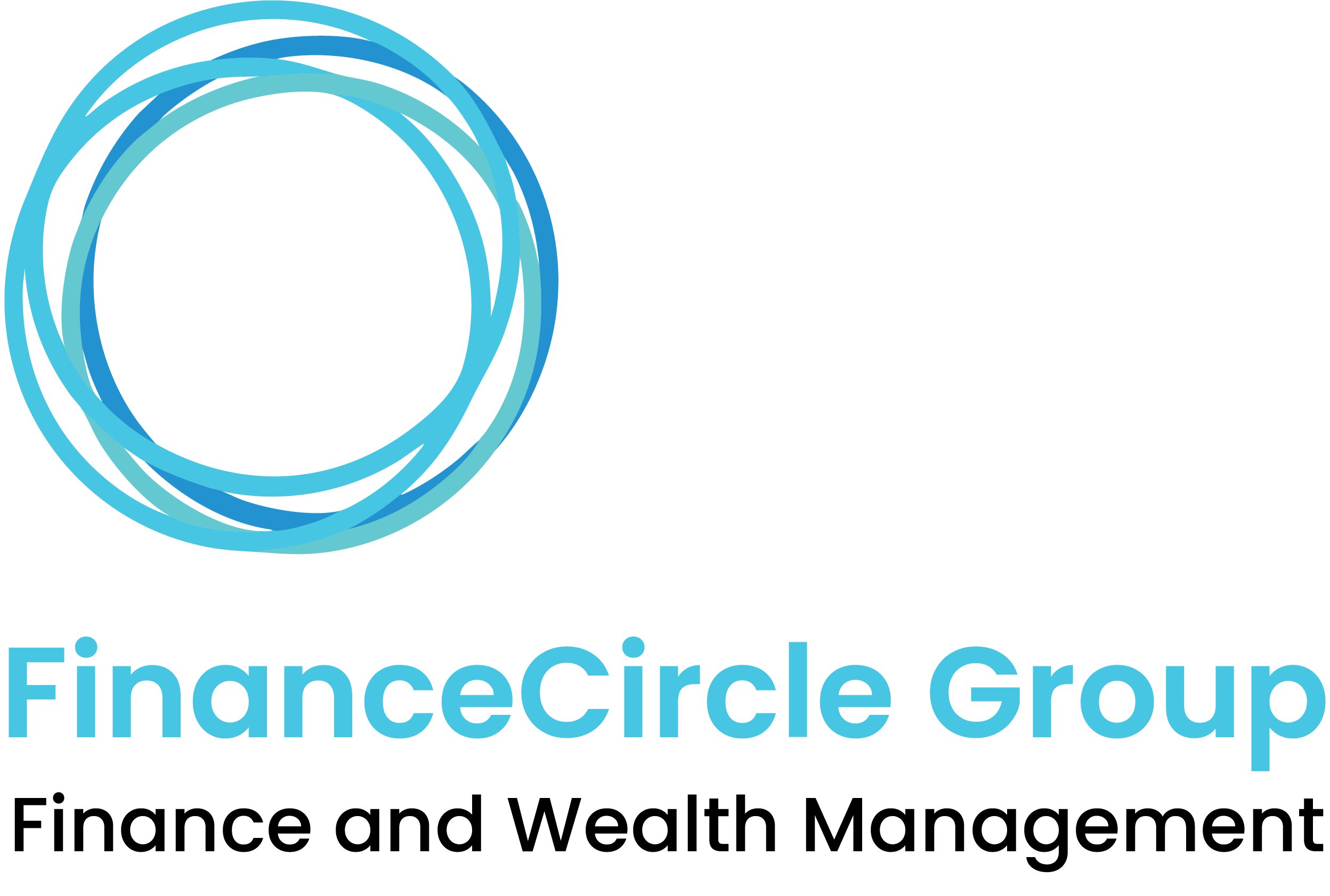
15 Sep Should your Life Insurance be inside or outside super?
When it comes to choosing whether to hold personal insurance inside or outside super, both options have pros and cons. Which one is right for you?
Benefits of each
Insurance inside super
Most people have some level of default insurance inside their super. This cover is generally quite cost effective and whilst default cover can be easier to obtain, it is also easy to opt out of and there is no certainty that it provides the right amounts of cover or type of cover for your individual situation.
Alternatively, people can choose to speak to a financial planner to get a customised solution. Some options can include all or a portion of this cover being funded by their super.
- premiums may be cheaper
- default insurance inside super usually does not require medical checks to get automatic cover – although there can be limitations at claim time
- advised insurance in super may require underwriting and medical checks above certain thresholds, but is more tailored to your needs than default insurance
- can help you stay covered during periods of low cash flow
Insurance outside super
- can offer more cover options
- policies are typically more flexible and customisable
- can offer higher levels of cover
- premiums don’t eat away at your final super balance
- not governed by the Superannuation Industry Supervision (SIS) Act which imposes certain conditions of release to pay out funds depending on the type of cover
Types of Insurance
Many super funds offer three basic forms of personal insurance. These are life, total and permanent disability (TPD) and income protection. Other types of insurance like trauma cover generally can’t be held within super.
Outside super, you can mix and match types of cover. Policies can sometimes be packaged up with one provider to reduce your premiums, which could otherwise be more expensive.
Level of Insurance
Automatic, and typically low, levels of life and TPD cover within a super fund can be fine for a young person starting their first job. But if you’re at another life stage – with a partner, children and a mortgage, for instance – it can be a different story.
Insurers providing cover within super can put caps on the levels of cover available, so be sure to check with your fund. Outside super the levels of cover can be more flexible, but your options may also depend on your age and health.
Do you need a medical check-up?
Super fund members who are offered automatic cover often don’t need a medical check-up to get insured. Instead, your fund spreads the risk among its many members.
At the same time, while it can be possible to find cheaper premiums outside super, considerations such as age, health and lifestyle matter. As insurance is offered on a case-by-case basis, some people may face higher premiums – but they may also have more cover options.
Buying insurance online often avoids medical check-ups too and can be quick and easy, but it’s important to answer the medical questions honestly so you’re covered when you need it.
Tailoring the cover for you
Insurance options through super may be less flexible, as super laws restrict policy definitions and the ability to customise policies. Automatic covers usually require little, if any, consultation with the fund member, which may or may not suit your needs.
Policies outside super begin with a customisation process. This can be important if you need specific levels of cover. It’s also useful if you want certainty around how, when and to whom payments are made if you make a claim.
Tax considerations
For most super fund members, it can be difficult to beat the tax effectiveness of paying your personal insurance premiums through your super. However, life insurance benefits can be subject to tax if paid to a non-dependant for tax purposes, such as an adult child, while other insurance benefits paid from super may also be taxable.
Premiums are often made from your pre-tax contributions – for example, from your employer’s compulsory super payments or extra contributions you make through salary sacrificing. This means your premiums are generally paid from income that you haven’t paid tax on. In contrast, life and TPD insurance premiums paid outside super come from after tax money in most cases.
But although your premium costs don’t come out of your own pocket, they can eat away at your final super balance. So if you’d prefer not to reduce your nest egg to stay covered, then insurance outside super could be the answer.
The way forward?
The question of whether to get insurance inside or outside super, or a mix of both, is different for everyone.
Once you’ve made your choice, it’s not a set-and-forget decision. With each life stage and major event – such as a marriage, childbirth, mortgage or pay rise – comes new and different responsibilities. So be sure to check in with your financial planner if your situation changes.
Talking to a financial planner can help you understand your situation and make confident financial decisions (big or small) so you can get the most out of life.
This information is current at the date of this publication and is subject to change. This provides general information only, without taking into account factors like the objectives, financial situations, needs or personal circumstances of any individual and is not intended to be financial, legal, tax, health, medical, nutritional or other advice. Before acting on the information in this publication, individuals should consider its appropriateness having regard to such factors.1



Sorry, the comment form is closed at this time.